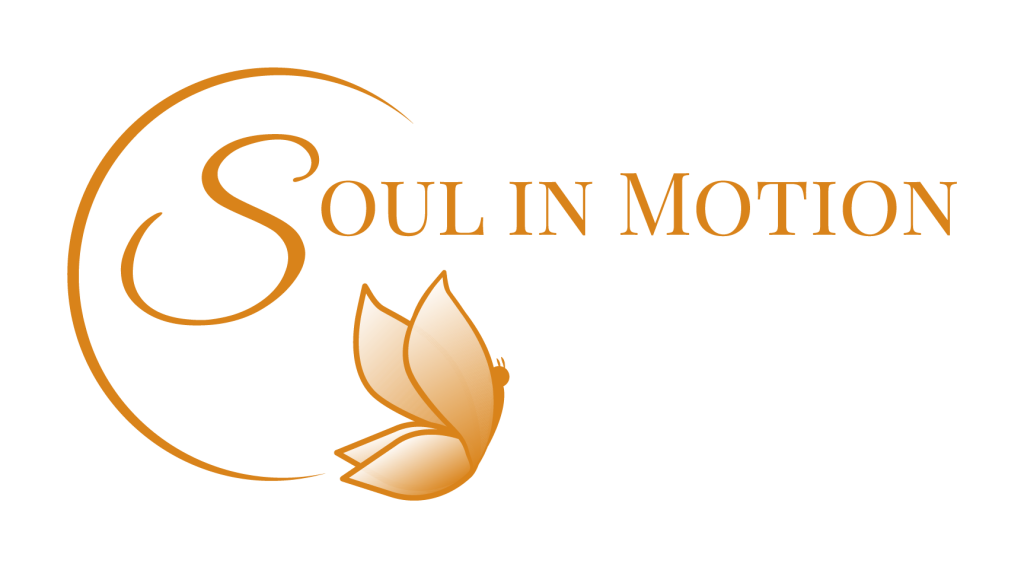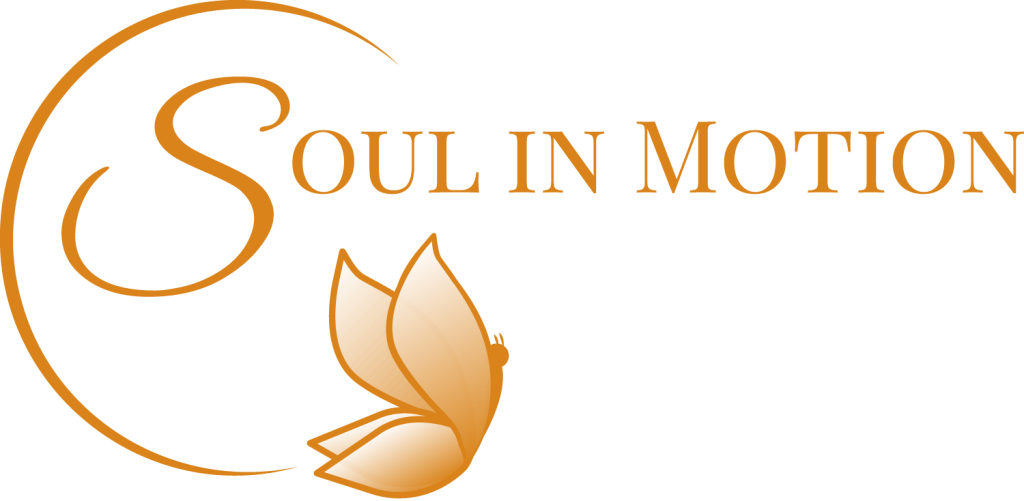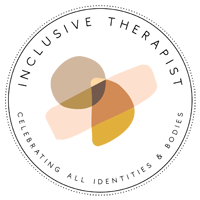You know that feeling when someone gives you a “great opportunity” but something in your chest feels tight? Or when you meet someone new and you just click, like your whole body relaxes? Your body is picking up on things your brain hasn’t even processed yet.
But here’s the tricky part: not every body signal is your inner wisdom talking. Sometimes it’s old wounds getting triggered. Learning the difference can literally change your life.
Understanding Your Body’s Two Alert Systems: Gut Intelligence vs Trauma Response
Think of your body like it has two different alarm systems running simultaneously:
System 1: Your Gut Intelligence – This is your body’s brilliant data processor. It’s reading facial expressions, vocal tones, energy levels, and environmental cues faster than you can think. When your stomach flutters before a job interview with someone who seems amazing, or when you feel energized after coffee with a particular friend, that’s intel from a sophisticated biological computer.
System 2: Your Trauma Response – This is your body’s overprotective security guard that sometimes sees danger where there isn’t any. It learned from past experiences that certain situations were unsafe, so now it sounds the alarm even when you’re actually okay. Like when your heart pounds before any social gathering (even fun ones) or when you feel panic over a delayed text from someone you love.
The key difference? Gut wisdom gives you information. Trauma responses give you outdated warnings.
How Your Nervous System Processes Information and Emotions
Scientists have found that your gut contains over 500 million neurons—that’s more than your spinal cord has. This “second brain” talks directly to your head brain, sending signals that affect your mood, decisions, and even immune system.
Your nervous system also runs something called “neuroception”—basically a background app that’s constantly scanning for safety or danger. When it detects safety, your body naturally opens up: shoulders relax, breathing deepens, you feel more creative and connected. When it senses threat, you get muscle tension, shallow breathing, or that “on edge” feeling.
This system evolved to keep us alive, and it’s incredibly good at its job. The problem is, it can’t always tell the difference between a real tiger and a mean comment on social media.
How to Distinguish Between Gut Wisdom and Trauma Responses
Gut wisdom usually feels like:
- Calm clarity, even if the message is “no”
- Information that helps you move toward something or away from it
- Physical sensations that make sense when you really think about the situation
- Feelings that match the actual present moment
Trauma responses usually feel like:
- Intense, overwhelming reactions that seem bigger than the situation
- Panic about things that haven’t happened yet
- Physical reactions that don’t quite match what’s actually going on
- Old familiar feelings that seem to show up in lots of different situations
For example: Your gut wisdom might make you feel uneasy about a business partner who seems charming but something feels off about their stories. A trauma response might make you panic about any business meeting because past experiences taught you that authority figures are dangerous.
Learning to Tell Them Apart
The Present-Moment Check: Ask yourself, “What’s actually happening right now?” Gut wisdom responds to current reality. Trauma responses often react to past experiences or future fears.
The Intensity Check: Wisdom tends to be steady and informative. Trauma responses are often intense and feel urgent in a way that doesn’t quite match the situation.
The Pattern Check: Does this feeling show up in lots of different situations? If your body reacts the same way to your boss, your partner, and your neighbor, it might be an old pattern rather than current intelligence.
Body Awareness Techniques: Learning to Read Your Internal Signals
The Body Scan: A few times a day, just notice what your body feels like. Tense? Relaxed? Energized? Heavy? Don’t try to change anything—just collect data.
The Expansion Test: When making decisions, notice if one option makes your body feel more open and spacious while another makes you feel tight or contracted. Your nervous system often knows before your brain does.
The Friend Filter: Ask yourself, “If my best friend described this exact situation and these exact body sensations, what would I tell them?” Sometimes we can see clearly for others what we miss in ourselves.
Building Trust in Your Body’s Intelligence and Inner Wisdom
Your body isn’t trying to make your life complicated with all its signals. It’s been your faithful companion through everything, gathering information and trying to keep you safe and thriving.
The goal isn’t to ignore trauma responses—they developed for good reasons and deserve compassion. But learning to distinguish between old protective patterns and current wisdom helps you make decisions from a place of clarity rather than reactivity.
Your body’s intelligence is one of your greatest assets. It’s time to start treating it like the sophisticated guidance system it really is.
Learn More
If you’re interested in learning more about the difference between your inner wisdom and trauma responses and what you can do to bridge the gap, we invite you to visit one of our many informative therapy pages here: Trauma Therapy, CBT Therapy, Self-Reclamation Therapy, IFS Therapy, Somatic Therapy, and more!













